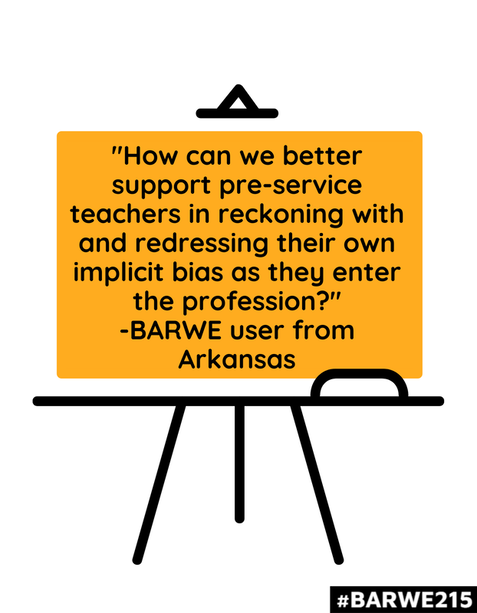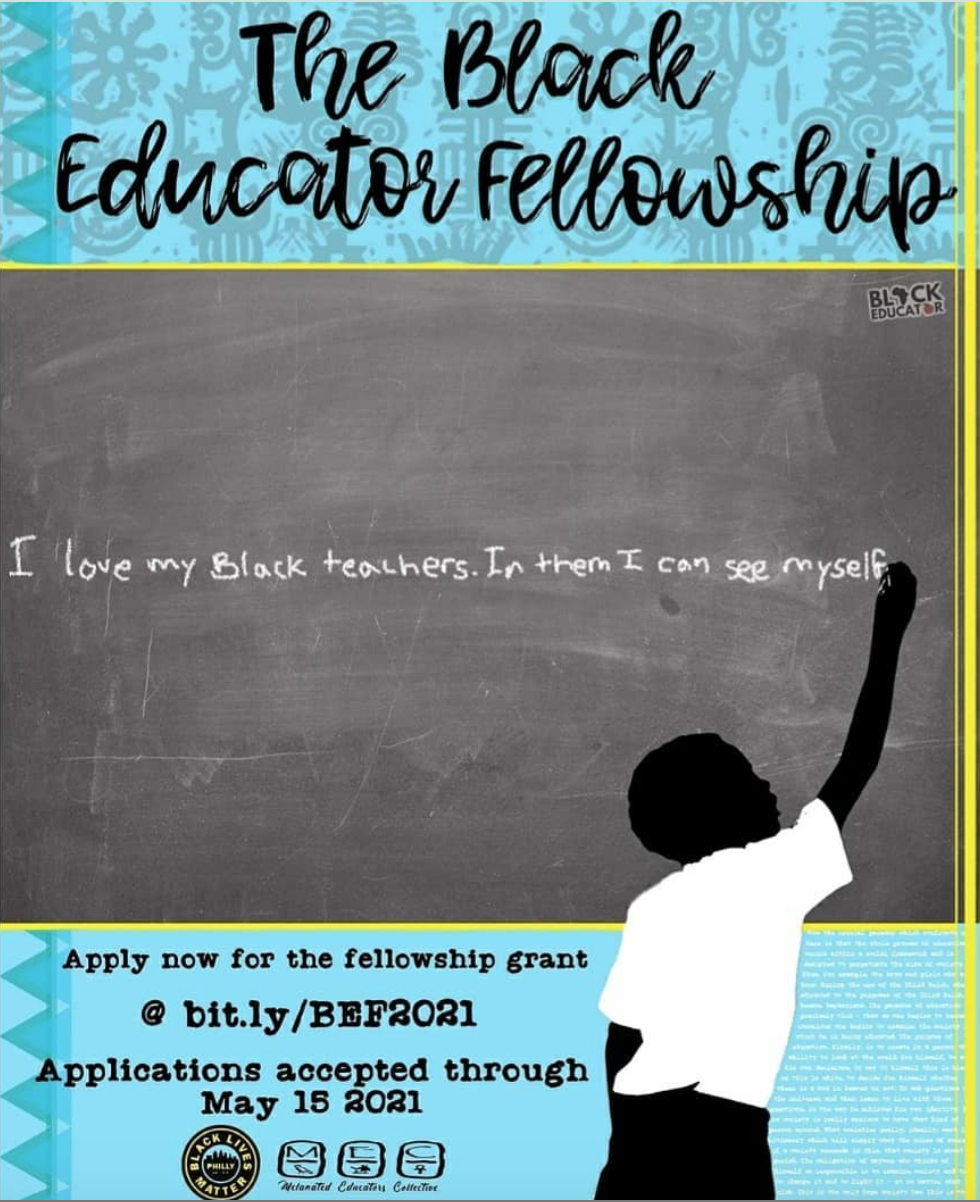- About Us
-
Inquiry Series
-
Current Year 23 - 24 School Year
>
- June: End of Year Reflection
- May: How do we support students of color navigating admissions processes?
- April: How do we support students and teachers when they face backlash for speaking out for racial justice?
- March: How can we find inspiration in white antiracists currently doing this work?
- February: How can we learn from white anti-racists of the past?
- January: How can you build solidarity across differences?
- December: How do we give ourselves space to process when we feel stuck/overwhelmed/enraged?
- November: How do we fight back against attacks on racial and gender justice education?
- October: Why is it important to understand both the history of CRT and what it has come to mean?
- September: How do we keep the focus on race as we engage in antiracist reflective practice?
- Previous Inquiry Series
- Inquiry Resources >
-
Current Year 23 - 24 School Year
>
-
Summer Events
- Writings
If this is your first year doing this series, we recommend starting with an orientation meeting using the August 2018 material before moving on to our current series.
Overview:
In our second month of reflecting on our staff culture, we will build on our conversations from last month and expand them. We created a Staff Culture Audit for you to use in your school community. This document was inspired by Jess Lifshitz’s curriculum audit that we used January and our Co-Constructing Spaces of Joy resource from March. We hope that this month’s tool will help you reflect on your staff culture and consider how you can resist white supremacy culture and uplift Black joy.
While last month’s resource focused on the experiences of Black male educators, it is important to acknowledge that BIPOC educators of all genders are underrepresented in the teaching profession. According to federal data from the 2017-18 school year, 80% of all teachers in the United States are white, 9% are Hispanic/Latinx, 6% are Black, 2% are Asian, and 0.5% are American Indian/Indigenous Americans/Alaska Native. In many individual schools and districts, the situation is even far worse. Half of all schools in our own state of Pennsylvania do not have a single educator of color.
With our overwhelmingly white teaching force, which has gotten whiter in recent years, we need to acknowledge that white supremacy culture is endemic in our staff cultures. As you meet this month, use our Staff Culture Audit to take a deep look at your own school, district, or organization. Facilitators should carefully read through this resource in advance and plan how to best structure their meeting in order to give participants time to work through the resource and share their process with a partner in the group. These resources are designed to take what you’ve learned and move towards action. While some of the issues in this Staff Culture Audit may feel systemic and beyond the control of individual members of your group, it is important to acknowledge the ways that we are complicit in systems and to lean into the ways we can make an impact.
This work cannot be completed in one meeting, so it is important to name next steps in this process that everyone can take after the meeting ends. As you move toward action motivated by the audit, we encourage you to join us on Slack and share how you are using this month to transform your inquiry into action.
Facilitation Reference Guide:
- This month’s work is based on the guide from April - Take time to engage in that discussion before you do this month’s meeting and audit.
- Set a day and time for your group to meet - Make sure to send reminders.
- Use the Staff Culture Audit Resource to guide your conversation.
- Prepare yourself to facilitate by reading through our Norms and Discussion Protocol.
- Pass the Hat and collect donations for the BLM Philly / MEC Black Educators Fellowship this month.
- Complete the Feedback Form.
- Prepare yourself for June by setting a date and time, inviting colleagues, and looking out for our next Discussion Guide on June 1st.
Feedback Form:
As we grow in year three, we hope that one person in your group can take a few minutes to fill out our feedback form to let us know how it went.
Below is a takeaway from a previous meeting:
Thank you all for your feedback so far, please keep it coming!
Pass The Hat:
In addition to being accountable to our colleagues and students of color, we believe it is important to be financially accountable to people of color who are doing this work on a daily basis. Each month, we will recommend an organization led by people of color, in education and beyond, doing the work of pushing for justice.
At the end of each monthly discussion, collect donations for the designated organization. You can then have one group member go online and donate in the name of your school. If you want, you can add “Building Anti-Racist White Educators” after your school name.
This month, we encourage you to donate to the Melanated Educators Collective and BLM Philly Black Educators Fellowship. This is the second year of the fellowship, which provides grants of $500-$2,000 to Black educators to support educational units, programs, learning experiences, initiatives, or classroom resources. You can donate here to support their work, and include “Black Educators Fellowship” in the notes.
Pass The Hat:
In addition to being accountable to our colleagues and students of color, we believe it is important to be financially accountable to people of color who are doing this work on a daily basis. Each month, we will recommend an organization led by people of color, in education and beyond, doing the work of pushing for justice.
At the end of each monthly discussion, collect donations for the designated organization. You can then have one group member go online and donate in the name of your school. If you want, you can add “Building Anti-Racist White Educators” after your school name.
This month, we encourage you to donate to the Melanated Educators Collective and BLM Philly Black Educators Fellowship. This is the second year of the fellowship, which provides grants of $500-$2,000 to Black educators to support educational units, programs, learning experiences, initiatives, or classroom resources. You can donate here to support their work, and include “Black Educators Fellowship” in the notes.

